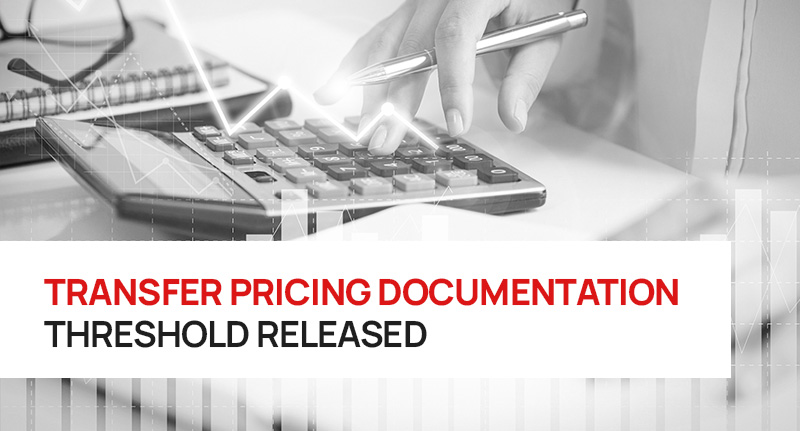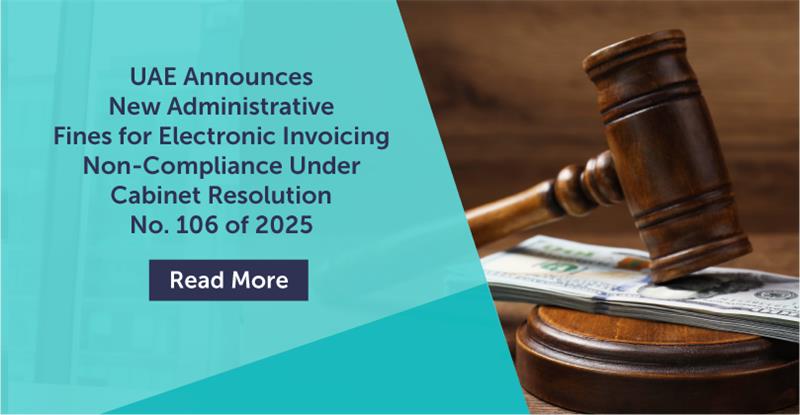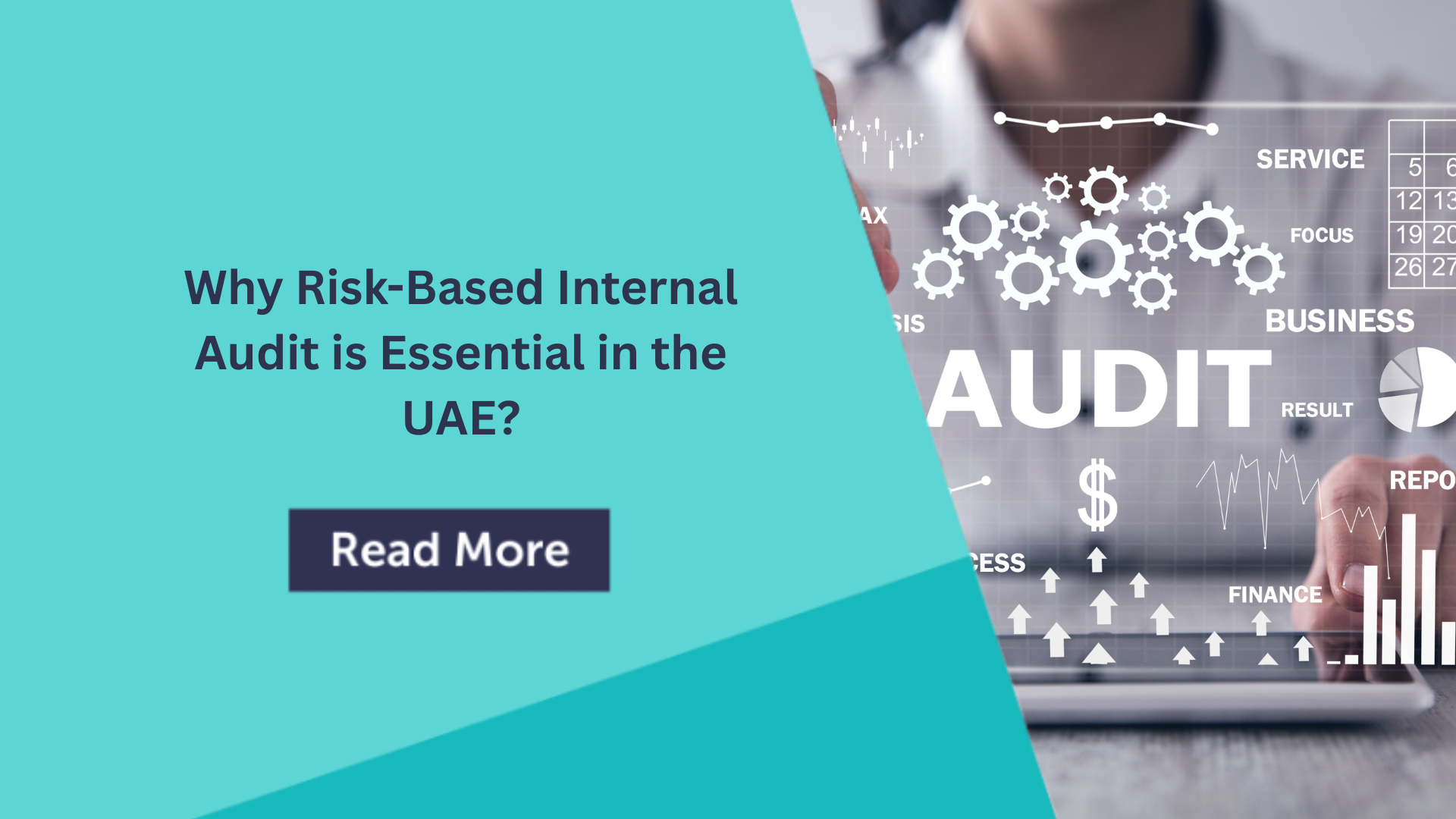
- May 16,2023
- Corporate Tax in UAE
Transfer Pricing Documentation Threshold Released - Corporate Tax UAE
Transfer pricing is crucial in the UAE to maintain transparency, prevent tax base erosion, ensure fair tax collection, attract foreign investment, and to align with international tax standards. Considering the essence of Transfer Pricing relevance, the UAE Tax Authorities have woven the Transfer Pricing provisions into the Corporate Tax Law.
As a further clarification on who will be required to maintain detailed documentation, the Ministry of Finance has released Ministerial Decision No. 97 of 2023 ('the Decision') about the Requirements for Maintaining Transfer Pricing Documentation for the purposes of Federal Decree-Law No. 47 of 2022 on Taxation of Corporations and Businesses, on 11th May 2023. The provisions of this Decision shall be effective from tax periods starting on or after 01 June 2023.
The TP documentation requirements aim to ensure taxpayers can prove the arm's length basis for pricing their transactions with Related Parties (RP) and Connected Persons (CP) using standardized files.
Mandatory to Maintain Master File and Local File
According to the Decision, the following Taxable Persons are required to maintain both Master File and Local File:
- An entity that is a constituent company of a Multinational Group that has total consolidated group Revenue of AED 3.15 billion or more in the relevant Tax Period, (or)
- An entity that earns a Revenue of AED 200 million or more in the relevant Tax Period
Specific Transactions to be Included in the Local File
The Decision lists that the Local file must include transactions that a Taxable Person undertakes with the following Related Parties or Connected Persons:
- A Non-Resident Person
- Exempt Person
- Resident Person who has made an election for Small Business Relief
- Resident Person with income subject to a different Corporate Tax Rate other than that of the Taxable Person
Specific Transactions to be Excluded in the Local File
Transactions with the following Related Parties or Connected Persons shall be excluded while compiling the Local File:
- Any Resident Person other than Exempt person, Small Business Relief claimant and person taxable at a different Corporate Tax Rate
- Natural Person(provided transactions are independent)
- A juridical person being a partner of an unincorporated partnership (provided transactions are independent)
- Permanent Establishment of a Non-Resident taxed at the same rate as Taxable Person
The Decision also clarifies the criteria to prove the independent nature of parties. As per the same, the parties shall be said to be independent if:-
- The transaction is undertaken in the ordinary course of business, and
- Parties are not exclusively transacting with each other
However, where the activities of one Person in the transaction/arrangement are subject to detailed instruction or to comprehensive control of the other person, such Persons shall not be regarded as acting in independent nature.
Our View
The TP documentation threshold provides administrative relief to SMEs, from maintaining Local File and Master File.
For the ease of our readers, we present here the difference between the Master file and the Local file contents.
Master file Broad contents |
Local File broad contents |
|---|---|
|
|
Essential of Arm’s Length Price
It is important to understand that as per Article 34 of the CT Law, all transactions with Related Parties and Connected Person must meet Arm’s Length Standard. There is no threshold specified to comply with these requirements.
It is only when it is maintenance of the Master file and Local File, that the threshold limit is applicable. Therefore, each taxable person will have to abide by the arm’s length price criteria and maintain the internal document to substantiate fair price, if at all asked for by the authorities.
Further, Article 55 (1) of the Decree Law requires the Taxable Person to file Transfer Pricing Disclosure along with their Tax Return, which would contain information about the transactions/arrangements with Related Parties and Connected Persons, irrespective of the limits set forth for maintenance of Local File and Master File.
It is, therefore, important that even if it is not mandatory to maintain the Master file and Local file, documents to substantiate arm’s length price for the transactions with the related party / connected persons should be maintained for any assessments in the future.
Way Forward
It is important that businesses identify all Related Parties and Connected Persons transactions, evaluate whether detailed documentation is required, and ensure adequate details to support the fair price /arm’s length price is maintained.
Also, one can expect further decisions and guidelines on the application of provisions of Transfer Pricing and will have to be prepared with the compliance thereto.
How ECAG can help?
ECAG’s Transfer Pricing Experts can play a valuable role in assisting your business in the UAE with various aspects of Transfer Pricing viz:-
-
Risk Assessment and Mitigation
Conducting transfer pricing risk assessments, identification of areas of potential concern, and providing recommendations to align Transfer Pricing practices with local regulations and international standards. We can also assist in implementing appropriate transfer pricing policies and procedures to manage and mitigate Transfer Pricing risks effectively.
-
Transfer Pricing Analysis
We conduct a thorough analysis of a company's intercompany transactions and assist in determining the appropriate transfer pricing methodologies and approaches. We can help identify comparable companies and data sources, perform benchmarking studies, and analyze financial and economic data to support the arm's length nature of the transactions. We can also help businesses select and apply the most suitable Transfer Pricing methods, considering industry-specific factors and the availability of reliable data.
-
Compliance and Documentation
We can help you understand the Transfer Pricing regulations and documentation requirements in the UAE. We can also assist in record keeping and preparing the master file and local file, ensuring that all necessary information is included, and the documentation is in line with local regulations and international standards.
Feel free to reach us for your queries regarding Transfer Pricing Documentation
Purvi Mehta
Manager – Direct Tax
M: +971 52 2800480
E: purvi.mehta@claemirates.com




